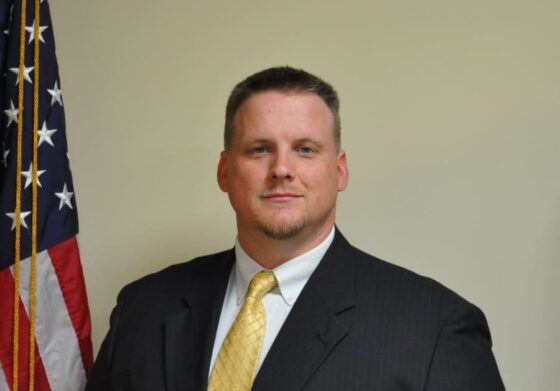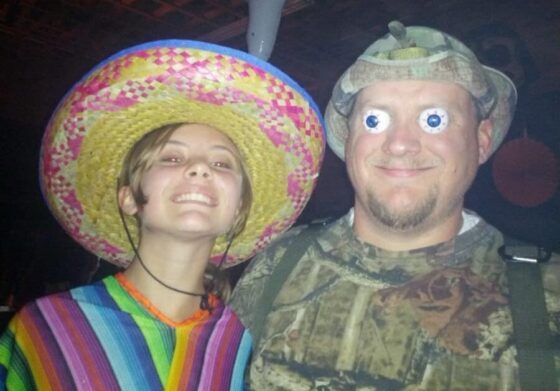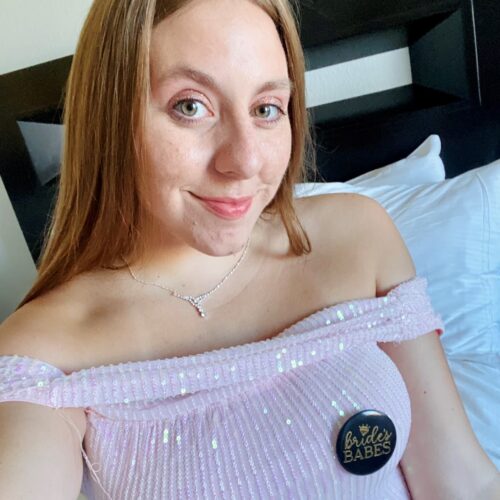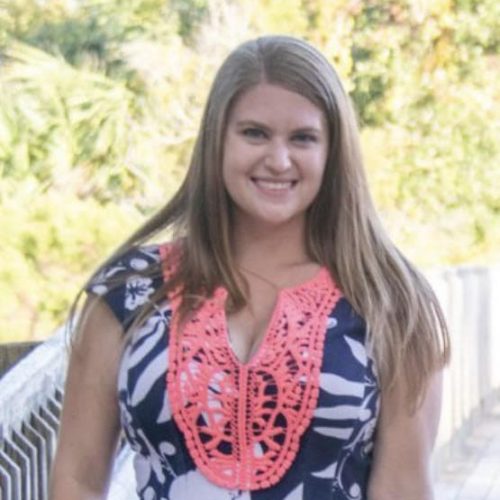In 1991, I was a freshman in high school living in Madrid, Spain because my dad was stationed in the Air Force there. We had just finished football season, and had started our conditioning for wrestling when I noticed that I was unusually sore. Not the type of sore that comes from a hard workout and eventually goes away . . . it was consistent and exhausting soreness. Around that time, I noticed something else that wasn’t normal—a lump in my abdomen, just under my belt line. I remember thinking how odd it was that I didn’t have one to match on the other side.
A little while after noticing this lump, I decided to bring it to my father’s attention. Because I was so heavily involved in sports, we came to the logical conclusion that it must be a hernia. My dad took me in to Air Force base hospital to have it examined.
When we saw the flight surgeon (the Air Force’s doctor) and he ruled out a hernia. He thought it might be a cyst or an inflamed lymph node and he scheduled a biopsy for the next day to figure it out. When the results came back, I was diagnosed with stage IIA Hodgkin disease, a form of lymphoma.
I knew that cancer was serious, but I didn’t have time to process what was happening. There was no oncology department at the U.S. Air Force Hospital in Spain so I had to fly back to the States to get treatment. I immediately left school and my family and traveled to the National Naval Medical Center in Bethesda, Maryland so I could be treated with chemotherapy and radiation. Because I acted quickly and went to someone whose judgment and guidance I trust, my treatment started very quickly, and remission was achieved in a very short period of time. Within 6 months I was done with treatment and back to school.
Flash forward 22 years to 2013. I am now 37, married with four beautiful kids, and I co-own a successful technical services company. Everything seemed to be going well, until I begin to notice some health changes again.
I invited friends over for a much-needed poker night, when I realized how lethargic I was feeling. I was tired, drained, and had little enthusiasm for what was sure to be a really fun night. I was determined to fight through it, because it had been a long winter and we all needed a good laugh. Admittedly, I had not been sleeping well and had been struggling with night sweats for a little over a week. My wife and I thought perhaps I was overheating under the comforter. The heat had started to come on at night so maybe it was causing me to sweat—I didn’t think it was really any cause for concern.
I managed to fight through the evening but by the time the last person left, I had a headache, mild fever, and was completely exhausted. I checked my temp after an hour or so and it had jumped up to 103 degrees. I knew my body and realized that my immune system couldn’t handle a high fever for an extended period of time due to my earlier bout with cancer, so my wife brought me to the emergency room.
“I was lucky that I knew my body enough to know when something was abnormal, both at 14 and at 37. I spoke up and went to the doctor when I noticed a health change…”
At the ER, a battery of tests revealed what looked like tumors in my chest. After further investigation, I learned I had 13 tumors throughout my neck, chest, and abdomen. A biopsy determined that I had diffuse large B cell Non-Hodgkin lymphoma– a completely different type of lymphoma than I had before. My first thought was, “Well…here we go again.”
I began treatment right away and was scheduled for 6 rounds of chemo. After 4 cycles, I was in complete remission. The doctors were delighted with my recovery, but wanted to eliminate it for good, so I completed the last 2 cycles as scheduled. It took a while, but I was slowly getting back to how I felt long before I was diagnosed.
Nine months after I was considered in remission, I had a biopsy and got some bad news—there were more growth areas. I needed more chemo and an allogeneic bone marrow transplant, or BMT for short. One of my siblings was a complete match for the transplant (a complete match reduces the risks of complications and improves the chance of success).
I am slowly getting back to the life I had prior to cancer. Any person or caregiver who has battled this terrible disease is part of a fraternity that truly understands the value of life, and time spent with loved ones. My 9-year-old son asked me when I was first diagnosed if I was going to die. My response to him was “Son, we are all going to die someday, but we are not going to stop living today.”
I was lucky that I knew my body enough to know when something was abnormal, both at 14 and at 37. I spoke up and went to the doctor when I noticed a health change, and got the treatment I needed. I am able to move on with my life because I detected my cancer early, spoke about my symptoms and was treated quickly.
Symptoms
- fatigue
- night sweats
- noticed lump under belt line








